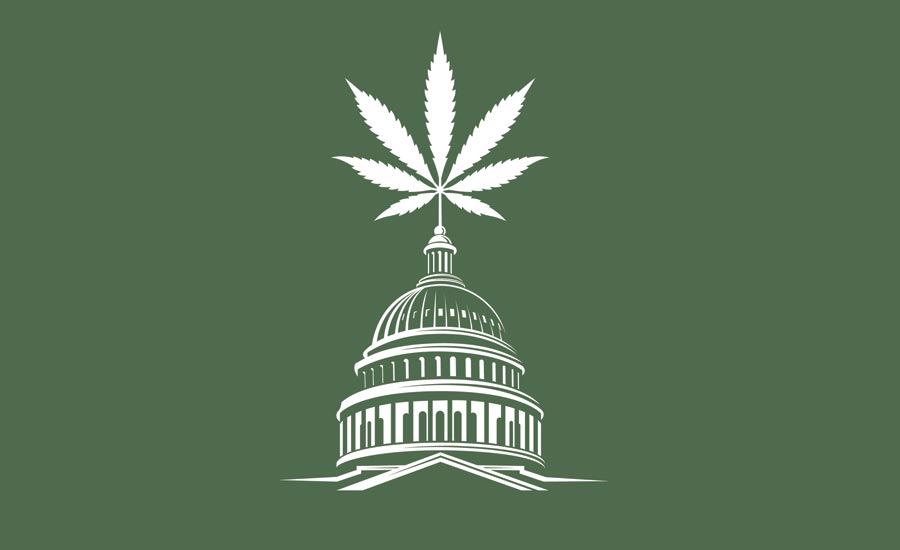AP: DEA to reschedule cannabis
The federal agency’s proposal still requires review from White House Office of Management and Budget.

Image Source: Courtesy of Getty Images
The U.S. Drug Enforcement Administration is set to reschedule cannabis from Schedule I to Schedule III, the Associated Press reported Tuesday.
Citing five anonymous sources familiar with the situation, the AP said the DEA’s proposal still requires review by the White House Office of Management and Budget (OMB). If the OMB gives its approval, the DEA will take public comment on the rescheduling plan, which would position cannabis alongside ketamine and some anabolic steroids.
After accepting public comment and review from an administrative judge, the DEA must publish the final rule.
Currently, cannabis is scheduled alongside heroin and LSD. Reclassifying cannabis would recognize it has less potential for abuse than other drugs, as well as its medical uses, aligning with state-sanctioned medical programs across the country.
The DEA’s move to reschedule cannabis would follow a recommendation the U.S. Department of Health and Human Services (HHS) made last August. In October 2022, President Joe Biden urged the HHS and U.S. Attorney General Merrick Garland to initiate a review process for the classification of cannabis.
The call from Biden, as well as the HHS recommendation, has lifted industry hopes, since the rescheduling could provide cannabis businesses with a lighter tax burden and more access to financial services.
Saphira Galoob, executive director of the National Cannabis Roundtable, said rescheduling would mark a “monumental shift if federal cannabis policy.”
“We applaud President Biden for his courage and leadership in setting this process in motion, and we thank the due diligence of the Department of Justice and HHS in carrying out this process and coming to a decision based soundly in science that we hope to see swiftly finalized, opening up the doors for further important medical research and alleviating the insurmountable tax burden imposed under 280E,” Galoob said. “This is critical for state legal cannabis businesses to be treated with fairness and to have the resources needed to reinvest in their workforce and community – and to survive the threat the illicit market poses to the regulated market and public safety. But we know our work does not stop here, particularly when it comes to righting the wrongs of the War on Drugs. While we celebrate progress today with this historic news, we remain committed to continuing the conversations with our federal partners to enact additional cannabis reforms that are long overdue – starting with getting SAFE Banking passed this year and ultimately ending the harmful and misguided policy of federal prohibition.”
John Levine, president and CEO of MariMed, Inc., called the move "historic."
"The positive impact this will have cannot be overstated," he said. "Our industry, the millions of consumers and patients we serve, and the individuals and communities that have been ravaged by the War on Drugs, all will see positive benefits. So too will those investors who have supported this industry for many years, patiently waiting for a major federal catalyst such as this."
Ascend Wellness Holdings, Inc. CEO John Hartmann also pointed to the rescheduling's potential industry benefits.
"This change is a pivotal move that opens a multitude of opportunities to cannabis operators like Ascend and is the most progressive act of cannabis reform that we have seen in decades," Hartmann said. "This favorable industry development could eliminate the 280E tax burden, improve customer and patient access, enhance access to funding, reduce the cost of capital, provide broader research avenues, and more."
This article was originally posted on www.cannabisproductsinsider.com.
Looking for a reprint of this article?
From high-res PDFs to custom plaques, order your copy today!






